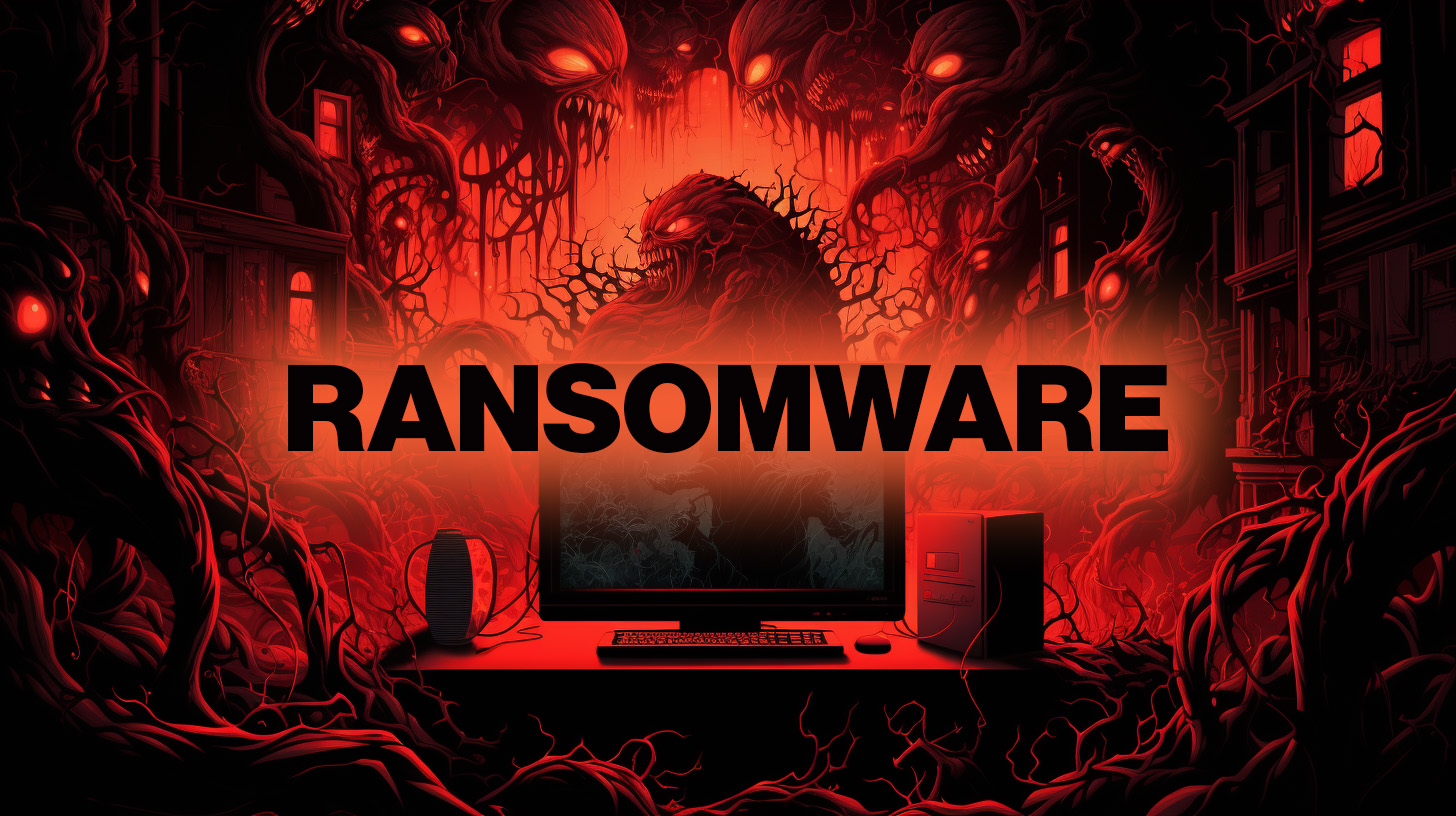Ransomware attacks surged in 2023, with the United States accounting for almost half of all attacks according to Malwarebytes, and cybercriminals evolving their tactics to target a higher volume of victims simultaneously.
Major U.S. telecom carriers such as Verizon, T-Mobile, and AT&T have experienced significant data breaches in recent years, highlighting the crucial need for aligning FCC’s data breach rules with federal and state laws applicable to other sectors.
Combining traditional email security measures with AI-based solutions and empowering cybersecurity personnel with AI skills is crucial for organizations to defend against evolving cyber threats.
Threat actors are targeting Microsoft Azure corporate clouds with sophisticated and tailored phishing attacks, compromising a wide range of user accounts for activities such as data exfiltration and financial fraud.
Files encrypted by Rhysida ransomware can be successfully decrypted, due to a implementation vulnerability discovered by Korean researchers and leveraged to create a decryptor.
The deal will result in the formation of a separate company called DataCo to handle Veritas’ remaining assets, while Cohesity will follow a “no customer left behind” approach.
This initiative aligns with CISA’s Open Source Software Security Roadmap’s objective of collaborating with relevant working groups to develop security principles for package managers.
The Hipocrate Information System (HIS) used by hospitals to manage medical activity and patient data was targeted over the weekend and is now offline after its database was encrypted.
The United Nations is investigating 58 suspected cyberattacks by North Korea, totaling around $3 billion, which are believed to be funding the country’s development of weapons of mass destruction.
National Cyber Director Harry Coker emphasized the need for a collaborative effort between the government and industry to address cyber threats, harmonize regulations, and build a diverse cybersecurity workforce.








